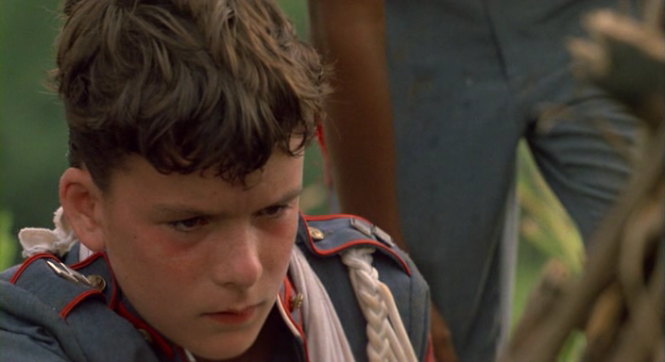Lord of the Flies, William Golding

Dominant Te: Upon arrival on the island, Ralph immediately devises plans for rescue. He is all about taking action and maintaining order among the boys. At the start, he is aware that he can utilize his charm to allure the other boys to follow him, but as time goes on Ralph recognizes where he falls short and delegates tasks to others. He doesn’t spend as much time thinking as he does jumping into action (which is why he consults Piggy for ideas, rather than trusting himself). He wants to explore the island in order to locate the best vantage points and doesn’t have patience for people who want to waste time “playing” and acting like “savages.” He strives for efficiency in everything that he does and expects others to value the same. Ralph measures success through objective means (physical concrete evidence) and always has a backup plan in case his original plan fails.

Auxiliary Ni: Ralph has strong feelings about what will happen in the future and thinks/talks about them regularly (“If we don’t keep the fire up, no boats will come!”). Ralph’s focus on order stems mainly from his awareness that disorder will eventually destroy the boys, and he is usually right in his predictions. When Ralph considers any possibility, he does so with his desired end result in mind, and as a result, everything he does is for a specific purpose. He is always dreaming about his desire to return to England, but is still aware of how difficult this will be because of his ability to recognize potential problems (lack of civilization, or means of rescue).

Tertiary Se: Ralph is aware that he is just as prone to the fallacies of human nature as the other boys. However, because Se isn’t his dominant function, he is less spontaneous than the other boys and as a result, more in control of his actions. When faced with an immediate threat (being hunted by the other boys), Ralph quickly forgets his big-picture goals and is able to focus on using his environment to help him survive. He uses thickets and bushes to hide in and is able to order himself to make split second decisions despite the fact that he is afraid. He isn’t afraid to take risks and doesn’t need complete confidence in the success of his plans for him to put them into action.

Inferior Fi: Ralph has relatively powerful beliefs about morality and doesn’t feel good about the boy’s savagery. At the same time, he doesn’t necessarily devote large amounts of time to thinking about ethics because most of his morals are based on what he feels, not what he thinks. Ralph has a difficult time understanding what he values, and doesn’t emotionally understand how important the values of western society are to him until the very last page of the novel (when they are finally rescued). It is difficult for Ralph to be faithful to individuals (mostly Jack), who’s choices clash with his own and tends to see the word through a black and white lens.

I was under the impression that Ralph was an introvert, for in the book, he has many moments where he withdraws from the others and reflects on what is happening, and throughout the story, he usually sticks with Piggy rather than sticking to a group.
LikeLike